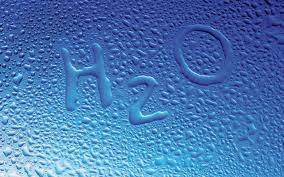
More than 100 professionals and decision-makers from different disciplines
gathered in Dar es Salaam over the weekend to deliberate on Global Water
Pathogen Project (GWPP). GWPP, a product of UN Educational and Scientific
Organisation (UNESCO), aims to develop knowledge resources to reduce
deaths linked to waste pathogens and the lack of safe drinking water and basic
sanitation.
The workshop, with the theme "Productive Wastewater and Excreta
Management in Africa", was officiated by Dr George Lugomela on behalf of
the Permanent Secretary in the Ministry of Water and Irrigation, Eng. Mbogo
Futakamba.
In his address, Eng Futakamba urged participants to look at the common goal
in addressing challenges caused by the inadequate access to water,
sanitation and poverty. He also called for a hard work on the project to ensure
there is improvement in knowledge on sanitation technologies.
"The regional focus of today's workshop is of particular relevance in knowing
that Africa is among the world's regions that have the lowest level of sanitation
coverage," he said. He said that Africa is a continent with the largest number
of countries where less than half of the population has access to improved
sanitation, citing Tanzania as an example.
He said although 93 per cent of households in the country had a latrine by
2008, only 24 per cent of Tanzanians had access to improved sanitation.
"Despite some improvement in the past decade, 9 per cent of children under
five and 6 per cent adults die due to diarrhoea," Eng Futakamba said.
The workshop, according to UNESCO Programme Specialist, Alexandros
Makarigakis, on top of raising the awareness of communities of stakeholders
on the GWPP resources, was also aimed to gather facts to help build a new
benchmark on the water and sanitation targets.
The project, implemented by the UNESCO International Hydrological
Programme in partnership with Michigan State University, ends next year after
creating the current benchmark reference work on water and related disease
risks and interventions.
Participants who were drawn from different institutions discussed challenges
related to wastewater and excreta management and the solutions available.
Participants had a chance to acquaint themselves with the GWPP resource to
help improve efficiency.
The GWPP, which involves over 110 experts from 41 countries, is a grand
effort to compile updated information on pathogens in sewage and water, and
the tools available to destroy them.
By Beda Msimbe
At http://allafrica.com/stories/201607180512.html
Aucun commentaire:
Enregistrer un commentaire